Uterus Pain: Learn About The Causes and Treatment In Early Pregnancy
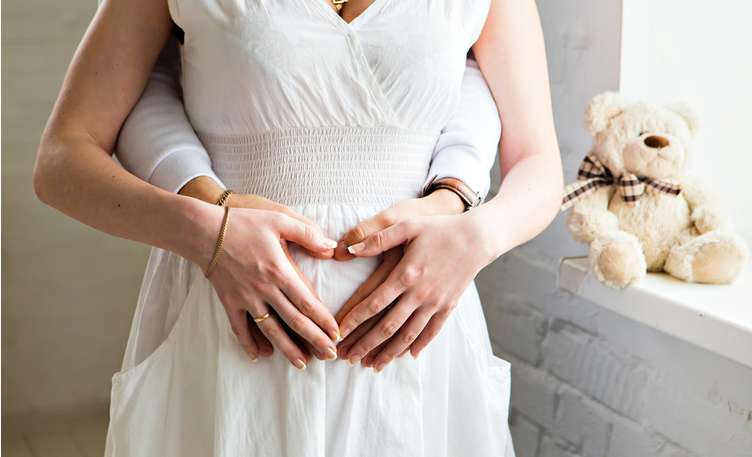
Uterus pain is a common phenomenon among women in their early pregnancy. More often than not, it is not a cause for worry. But sometimes, it may require medical attention.
What Causes Uterus Pain in Early Pregnancy?
During early pregnancy, your uterus remains much smaller than it would become in the second and third trimesters. Therefore, any pain at this stage is mostly related to hormonal and muscular changes.
Let’s look at the most common causes of uterus pain in early pregnancy:
1. Pelvic floor pain
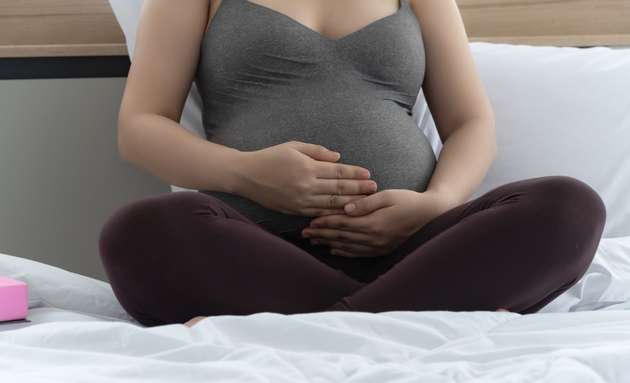
It is quite common to experience pain in your pelvic region in early pregnancy. A stretching uterus could be one reason, while hormonal changes could be another.
The hormone Relaxin, responsible for relaxing the walls of your uterus before childbirth, is often the cause of pelvic pain in early pregnancy. It inhibits contractions in the wall of your uterus, to prevent premature childbirth.
The sensations of a pelvic floor pain is experienced near the uterus or in the bladder, vagina, back, and abdomen.
2. Gas or Constipation
Gas or constipation is a common phenomenon during early pregnancy. Hormonal levels fluctuate during pregnancy, that can lead to gas or constipation.
The hormone Progesterone - that helps your uterus prepare for pregnancy, is also one of the main causes of gas or constipation during early pregnancy. An increase in levels of progesterone causes relaxation of your intestinal muscles, leading to slower digestion, resulting in gas or constipation.
Symptoms include irregular bowel movements or bloating.
3. Miscarriage
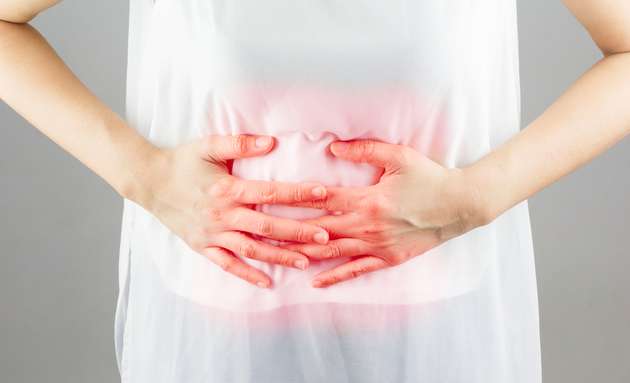
Miscarriage means the loss of pregnancy before 20 weeks. 8 out of 10 miscarriages happen in the first 3 months of pregnancy, and is medically known as “spontaneous abortion”.
It can be caused due to chromosomal abnormalities, thyroid disorders, diabetes, and other complications that will differ.
Symptoms you should watch out for are vaginal spotting or bleeding, pelvic or uterine pain, lower back pain, abdominal pain, vaginal discharge, and cramps.
4. Round Ligament Pain
Round ligament pain occurs due to the growing size of your uterus during your pregnancy. Although it can be uncomfortable, it is generally not a cause for concern.
As you progress in your pregnancy, your uterus grows in size. The muscles and ligaments stretch to accommodate the growing lining of the uterus, leading to a sharp, stabbing pain that can be felt on one or both sides of your uterus.
Sometimes, round ligament pain occurs without notice, even if you sneeze, laugh hard, or roll over in bed. It may be sudden and usually doesn’t last for more than a few seconds.
5. Ectopic Pregnancy
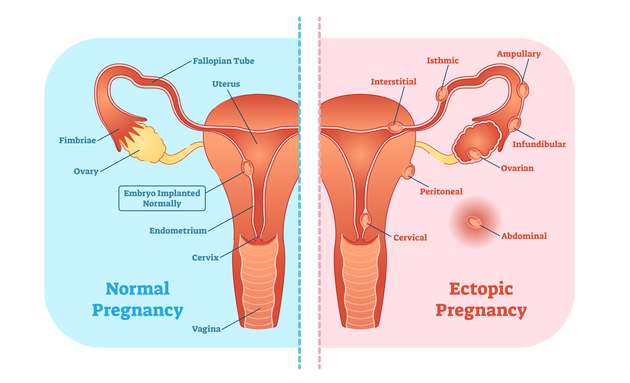
When a fertilised egg attaches itself outside the uterus, like in the fallopian tubes, it is called an ectopic pregnancy. It is a medical emergency that you should immediately seek medical attention for.
You may experience a sharp, chronic pain on both sides of your uterus or your abdomen. Other symptoms to watch out for are vaginal bleeding, weakness or nausea, and gastrointestinal discomfort.
Other reasons you may experience uterus pain in early pregnancy are:
- Kidney pain from kidney infection or kidney stones, causing pain in the mid-to-upper back. You will also experience painful urination and a fever.
- Liver pain from gallstones or other liver dysfunctions which can cause pain in the upper-right abdomen, alongside dark-coloured urine.
- Bladder pain from a bladder infection which can cause abdominal and bladder pain, and difficulty urinating.
- Ovarian Torsion which happens when your fallopian tubes twist around the tissues surrounding it. This can be caused due to an ovarian cyst as well. You will experience a sharp, overwhelming pain that becomes worse. Immediate medical attention should be sought in case of symptoms.
How to Treat Uterus Pain in Early Pregnancy
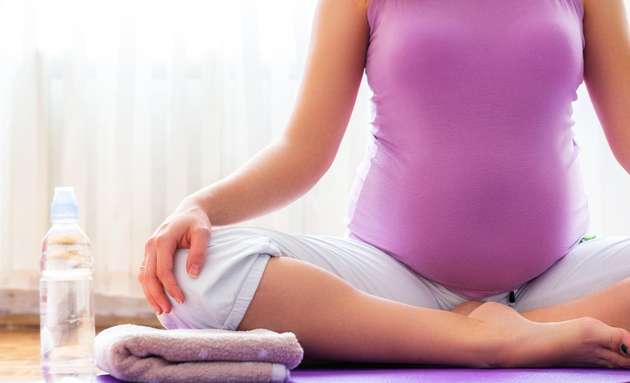
There are various methods of managing uterus pain in early pregnancy. Depending on the cause of your pain, your doctor will suggest the right treatment methods.
If your pain is caused due to an ectopic pregnancy or ovarian torsion, your healthcare professional might perform a surgery to treat it.
In other cases, some home remedies you can opt for are:
- Shifting the knees closer to your chest to reduce pressure on your uterus
- Changing position frequently
- Gently massaging the area of pain
- Eating more fibre and staying hydrated
- Getting plenty of rest to reduce muscle fatigue
- Engage in light stretching exercises and relaxation techniques like yoga and meditation






